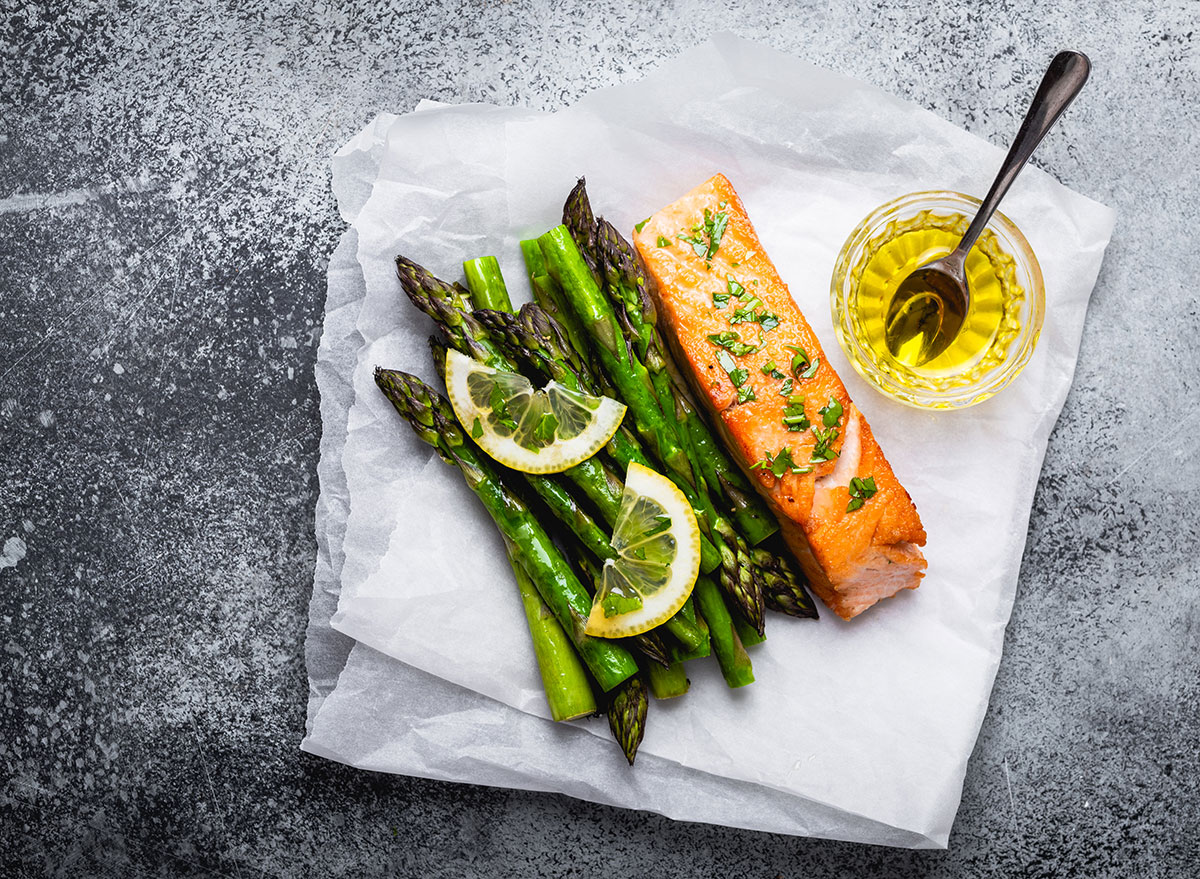Eating greater amounts of vitamin D may help against developing colorectal cancer, particularly if you're under age 50, according to a study in the journal Gastroenterology.
Researchers looked at data from nearly 95,000 women participating in a long-term study about diet and lifestyle. They found that those who had high amounts of vitamin D in their diets—particularly from dairy products—had a 50% lower risk of developing young-onset colorectal cancer than those with lower amounts of the vitamin.
"These findings support the way that vitamin D may be important for younger people in terms of colorectal cancer prevention, not just those who are older," says study co-author Kimmie Ng, M.D., of the Department of Medical Oncology at Dana-Farber Cancer Institute.
In general, colorectal cancer incidence has been declining, which experts believe is due to more effective screening as well as better adoption of lifestyle changes like healthy eating and exercise. However, that decrease doesn't apply to younger people. In fact, colorectal cancer rates are rising so rapidly among people under 40 that last year, a consortium of academic and government experts was put together to address the issue.

Looking at potential causes, they pinpointed diet as a top risk factor, especially the lack of fruits and vegetables in many diets. Findings like the vitamin D connection are part of solving the puzzle about why cases are rising so quickly, Ng says.
Another important aspect of the research is that the results were especially pronounced for those who got the vitamin from dietary sources, compared to participants who took a vitamin D supplement. That's likely true for any kind of vitamin or beneficial compound, adds Seema Bonney, M.D., founder of the Antiaging and Longevity Center of Philadelphia.
"Whenever possible, use food as medicine," she says. "That way, you get the full range of what healthy food as to offer, like fiber, vitamins, and minerals."
Also, vitamin D is fat-soluble, she adds, which means that it doesn't dissolve in water and absorbs better when paired with some kind of fat. For example, that's why it's so much more effective to choose dairy products that aren't nonfat. The fat in the dairy helps to facilitate your body's absorption of vitamin D.
Plus, Bonney adds, loading up on vitamin-rich foods helps every other part of your body as well—not just your digestive system.
No comments:
Post a Comment